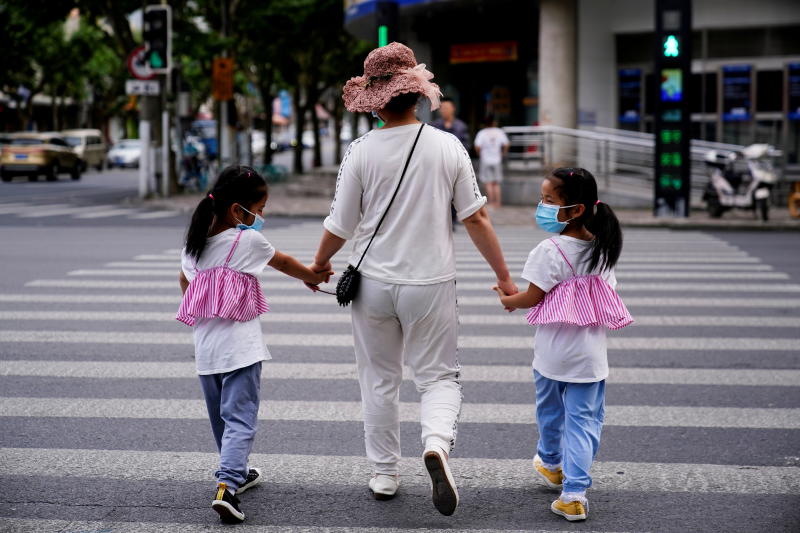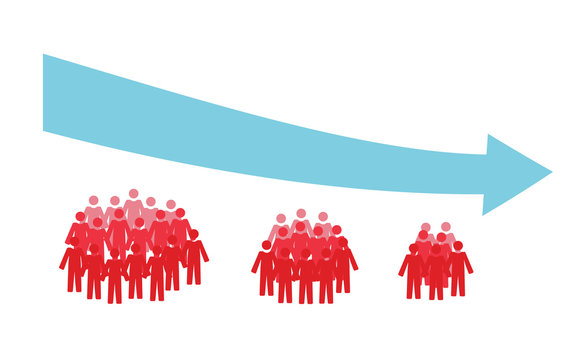Elon Musk, the world’s richest man, sees the declining birthrate as the greatest threat to humanity, warning that civilization will “crumble” if people do not start having more children.
“I think one of the biggest risks to civilization is the low birthrate and the rapidly declining birthrate,” Musk said at the Wall Street Journal’s annual CEO Council Monday evening.
“And yet, so many people, including smart people, think that there are too many people in the world and think that the population is growing out of control,” Musk continued.
“It’s completely the opposite. Please look at the numbers — if people don’t have more children, civilization is going to crumble, mark my words.”

The billionaire’s comments came while responding to how his company’s Tesla Bot may help with labor issues. Musk stated in August that the robot would have a “profound” economic impact by lowering labor costs. On Monday, he said that the Tesla Bot might become a “generalized substitute for human labor over time.”
July, Morgan Stanley analysts ascribed the falling birthrate to concerns about climate change. They noted that the “movement not to have children owing to fears about climate change is growing and impacting fertility rates quicker than any preceding trend in the field of fertility decline.”

“Having a child is 7-times worse for the climate in CO2 emissions annually than the next ten most discussed mitigants that individuals can do,” the analysts at Morgan Stanley said. The analysts added that many would-be parents are foregoing families to lessen their carbon footprint.
Although research proves that having fewer children reduces a household’s impact on climate change, scientists say population control isn’t a feasible strategy to address climate change because it would be too late regardless.

“It is true that more people will consume more resources and cause more greenhouse gas emissions,” Kimberley Nicholas, a sustainability science researcher in Sweden, said in an interview.
“But that’s not really the relevant timeframe for actually stabilizing the climate, given that we have this decade to cut emissions in half.”


